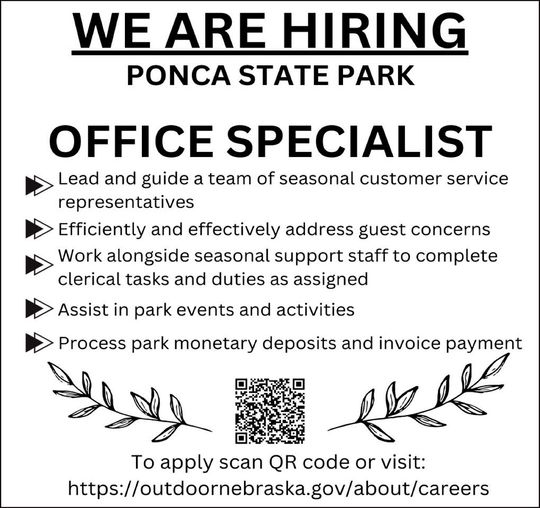WASHINGTON – The U.S. Department of Agriculture (USDA) is accepting offers for more than 2.2 million acres from agricultural producers and private landowners through this year’s Grassland, General, and Continuous Conservation Reserve Program (CRP) signups administered by USDA’s Farm Service Agency (FSA).
With these accepted acres, enrollment is very near the 27 million CRP acreage cap.
“The popularity of our suite of Conservation Reserve Programs, including the significant success of Grassland Conservation Reserve Program and the fact that we are nearing the Conservation Reserve Program acreage cap, is a testament to the commitments made by the farmers, ranchers and landowners we serve to mitigate the impacts of climate change by conserving, protecting and enhancing our natural resources,” said Zach Ducheneaux, Administrator of USDA’s Farm Service Agency (FSA). “It’s through all FSA’s conservation programs that we are able to work directly with agricultural producers to implement climate smart conservation practices that ultimately benefit everyone.”
Including the nearly 1.44 million acres recently accepted in Grassland CRP for offers received in 2024, producers will have enrolled more than 10 million acres in this popular working-lands program.
Grassland CRP allows producers and landowners to continue grazing and haying practices while protecting grasslands and further CRP’s impacts. Grassland CRP leverages working lands practices to improve biodiversity and conserve environmentally sensitive land.
Enrolled acres help sequester carbon in vegetation and soil, while enhancing resilience to drought and wildfire. Meanwhile, producers can still conduct common grazing practices, such as haying, mowing or harvesting seed from the enrolled land, which supports agricultural production.
Top states for this year’s Grassland CRP signup include: Nebraska with 237,853 acres accepted Colorado with 218,145 acres accepted New Mexico with 185,619 acres accepted Additionally, to target conservation in key geographies, USDA prioritizes land within two National Priority Zones: The Greater Yellowstone Ecosystem and the Dust Bowl area. The 2024 Grassland CRP enrollment has added more than 560,000 acres in the Priority Zones, bringing the total acres to 3.8 million. By conserving working grasslands and other lands that underpin iconic big game migrations, land enrolled in these zones contributes to broader USDA conservation efforts through Working Lands for Wildlife.
FSA also has accepted nearly 200,000 acres through the General signup, bringing total acres enrolled in General CRP to 7.9 million acres. As one of the largest private lands conservation programs in the United States, CRP offers a range of conservation options to farmers, ranchers and landowners.
It has been an especially strong opportunity for farmers with less productive or marginal cropland, helping them re-establish valuable land cover to help improve water quality, prevent soil erosion and support wildlife habitat.
In January 2024, FSA opened enrollment for Continuous CRP. Under this enrollment, producers and landowners can enroll in CRP throughout the year.
Offers are automatically accepted provided the producer and land meet the eligibility requirements and the enrollment levels do not exceed the statutory cap.
To date, in 2024, more than 565,000 acres have been offered through Continuous CRP bringing the total acres enrolled to 8.5 million.
Producers can still make an offer to participate in CRP through the Continuous CRP signup, which is ongoing, by contacting FSA at their local USDA Service Center.
.jpg)











